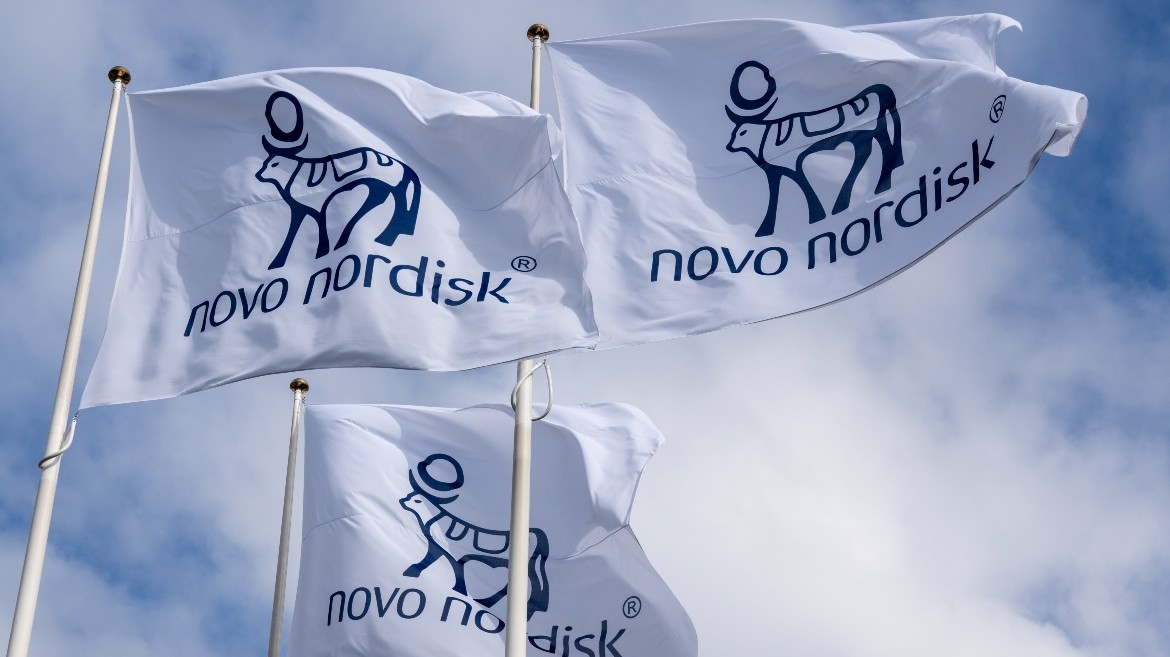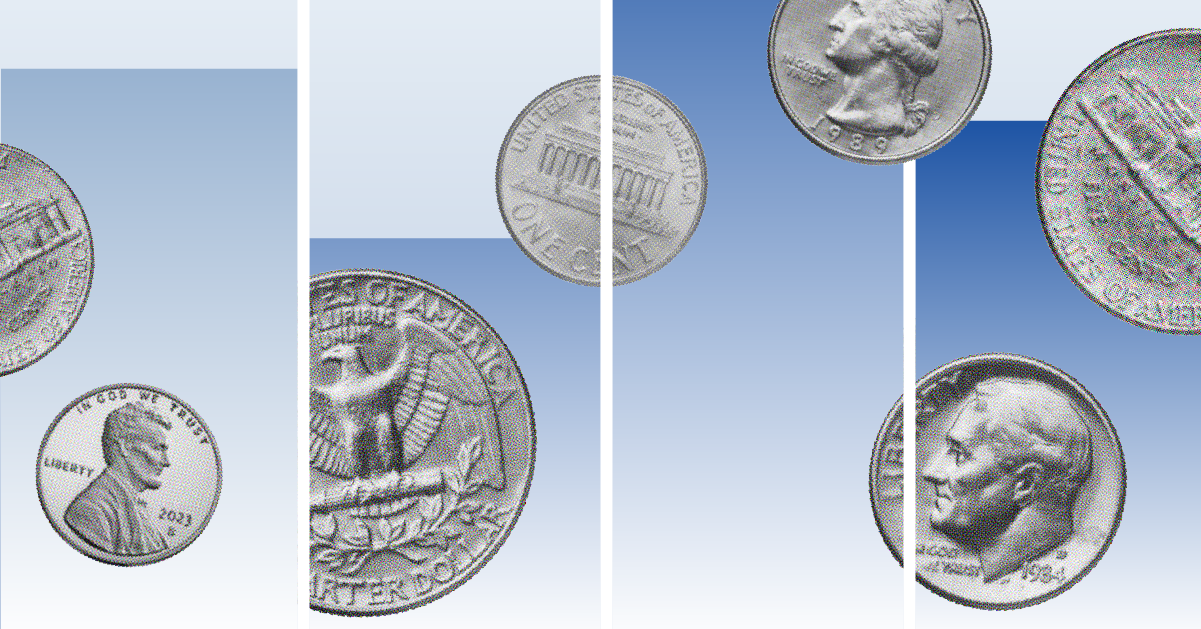On Tuesday, Kraft announced the sale of its frozen pizza business to Nestle and its intentions to use the proceeds of the sale to raise the cash portion of its offer for Cadbury. Berkshire Hathaway also announced it will vote against Kraft's proposed share issuance to fund its bid for Cadbury.
Kraft sold its frozen pizza business (which includes the DiGiorno, Tombstone, California Pizza Kitchen, Jack’s, and Delissio brands) for $3.7 billion in cash, a deal valued at 1.8 times estimated 2009 sales and 12.5 times estimated 2009 earnings before interest, taxes, depreciation, and amortisation. At first blush, it appears to us that Kraft is receiving a fair price for this business. While the frozen pizza segment had provided notable growth for Kraft over the past few years, particularly as consumers have been eating more meals at home, we believe this move signals management's belief that the high-growth confectionary business is a far more attractive space. This deal will not move the needle on our fair value estimate for either firm, as the acquired portfolio represents 2.0% of Nestlé's total sales and profits and about 5% of Kraft's consolidated sales and profits.
While Nestle also stated today that it will not make a bid for Cadbury, Kraft announced that it intends to use a portion of the proceeds from the sale to raise the cash portion of the offer to 360 pence per share (up from 300 pence) while reducing the stock consideration to appeal to the confectionery firm's shareholders and ward off other potential bidders. In our opinion, Kraft's adjusted offer will likely be viewed by Cadbury shareholders as more attractive; however, it may not be enough to win over the confectionary firm. We contend that Kraft will have to enhance its bid further (which it has to do by the middle of January), either by paying a higher price or by increasing the cash portion of the offer, which now stands at just under 50%. Despite management's stance on Kraft's offer, we contend that Cadbury shareholders may eventually be inclined to accept an offer, rather than risk their shares trading down if the confectionery firm is to go it alone. Cadbury shareholders have until the beginning of February to vote their shares.
Additionally, Berkshire Hathaway announced its intentions to vote against Kraft's proposed share issuance to fund its bid for Cadbury, as it believes the use of the packaged food firm's undervalued shares would make the deal too expensive. While we agree with Berkshire's stance, its vote may not be enough to block a deal. However, as Kraft's largest shareholder, this is a pointed message about the unfavorable position Berkshire holds regarding Kraft's pursuit of the confectionary firm.























